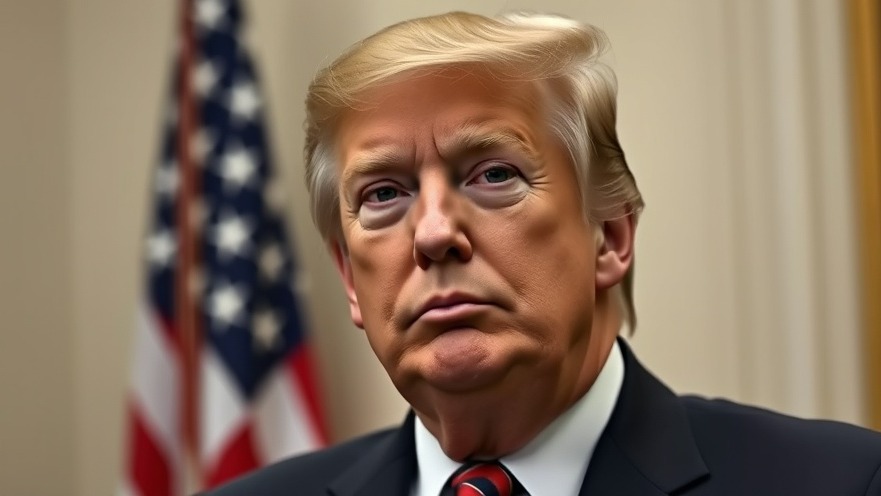
Reimagining Health Care: Trump's Agenda for a Healthier America
The new administration of President Donald J. Trump aims to prioritize primary care as a fundamental component of its health policy, and this vision arrives as urgent discussions about the state of American healthcare come to the forefront.
Experts are weighing in on how this approach can lead to a healthier nation as part of the broader "Make America Healthy Again" initiative. This bipartisan-driven agenda aims to address chronic diseases and promote preventive care measures, critical aspects of a reformed, accessible health system.
Importance of Primary Care in Health Reform
During a recent online forum, key health experts underscored the necessity of bolstering primary care. With rising rates of chronic illness and an overburdened healthcare system, primary care represents the first line of defense in maintaining overall public health. Dr. Robert F. Kennedy Jr. has echoed similar sentiments, suggesting that accessibility to primary care services can facilitate early intervention and effective management of these conditions.
Leveraging Value-Based Care Models
One recommendation from the forum is the transition toward value-based care models that reward quality instead of quantity of services. Under this model, practices aligning with patient health outcomes can receive improved reimbursement rates, incentivizing quality care delivery. Such a shift not only benefits the patient but can also enhance business prospects for concierge medical practices that prioritize comprehensive and coordinated care.
Insights from Past Health Policies
In examining Trump’s prior health policies, it’s evident that similar reforms were discussed during his first term, particularly around consumer choice and market decentralization. According to reports by PwC, Trump's administration previously aimed to give states more leeway to design their own health plans, ultimately leading to increased competition and innovation in healthcare. The proposed reforms now and in the past emphasize flexibility and innovation, with potential long-term benefits.
The Path Ahead for Concierge Medical Practices
For concierge medical practices, understanding these shifts is pivotal. The focus on primary care could mean higher demand for personalized healthcare services. As the Trump administration pushes for deregulation and a market-driven system, practice owners should prepare by examining operational efficiencies and enhancing their service offerings. Doctors must also maintain a keen awareness of regulatory changes that may impact reimbursement structures.
Anticipating Changes in Patient Dynamics
With a potential spotlight on preventive health and chronic disease management, the demographics of patient care will evolve. Practices are advised to refine their marketing strategies to connect with patients seeking more proactive health management rather than reactive treatment. The implications of upcoming healthcare reforms could generate a shift in where patients seek care and how they understand healthcare costs.
Conclusion: Embracing the Challenges and Opportunities
As the landscape of healthcare policy continues to transform under the new administration, concierge medical practices must be adaptive and proactive. Engage in scenario planning, stay informed of legislative changes, and refine your business models to thrive in this evolving environment. The emphasis on primary care provides a unique opportunity to redefine patient connections, improve care delivery, and ultimately build a healthier America.
For practice owners aiming to navigate these upcoming changes effectively, focus on creating actionable strategies that align with the administration’s health vision, leveraging both compliance and operational excellence. Prepare now to not only stay afloat but to thrive in a new era of patient-centered care.
 Add Row
Add Row  Add
Add 






Write A Comment